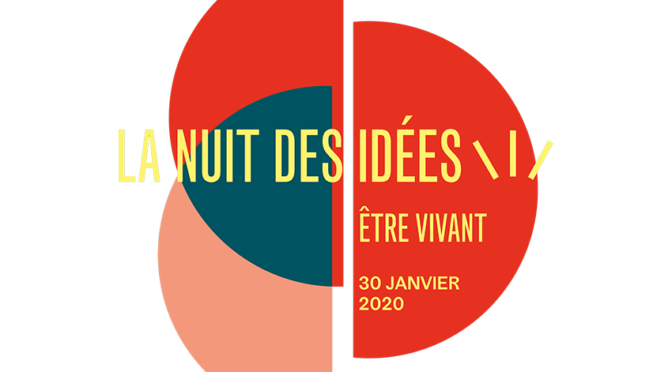
Roundtable
On behalf of the 2020 Night of ideas and its theme: “Living the City”, CEFRES and the French Institute in Prague are organizing a roundtable on what it means to live and act in the context of the city nowadays.
Venue: CEFRES Library (Na Florenci 3, Prague 1)
Time: 3 pm
Organizers: CEFRES, French Institute in Prague
Language: English
Speakers:
- Marianne Blidon, geographer, specialist in geography of sexualities and gay migrations
- Eszter Gyorgy, sociologist, specialist in Roma minorities in Hungary
- Yuliya Moskvina, PhD student in sociology, specialist in radical urban critique
- Felipe K. Fernandes, PhD student in anthropology, specialist in Vietnamese migrations in the Czech Republic
Moderated by Jérôme Heurtaux (CEFRES Director)
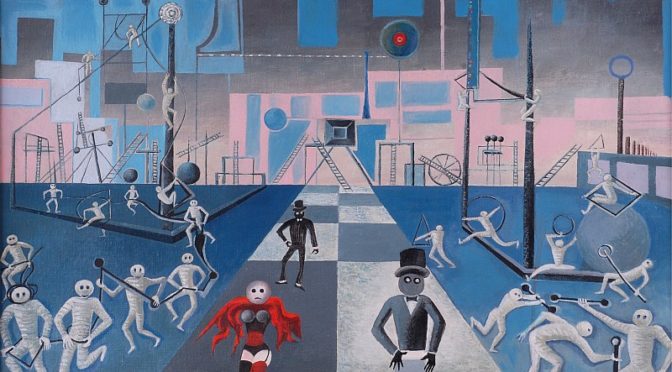
Preparatory Roundtable for the 23e International Congress of Historical Sciences in Poznań 2020
Date & Venue: 31 October 2019, 13:00-17:00, CEFRES Library (Na Florenci 3, Prague 1)
Organizers: (Electro)technic History Laboratory (Faculty of Electrical Engineering, ČVUT, Prague), CEFRES, Association of Historians of the Czech Republic, Association for Economic and Social History of the Czech Republic, Université Bordeaux Montaigne & École polytechnique, Paris
Language: French
Programme
I. Opening
- Mathieu Wellhoff, Attaché of Scientific and University Cooperation (French Embassy, Czech Republic)
- Jiří Kocian, Director of the Association of Historians of the Czech Republic & Deputy Director of the National Committee of Historical Sciences
- Mme Marcela Efmertová, Director of the Association for Economic and Social History of the Czech Republic
II. Roundtable
- Prof. Michel Figeac (Université Bordeaux Montaigne) : Noblesse et innovation économique au siècle des Lumières
- Prof. Éric Godelier (École polytechnique de Paris) : Comment traiter de la nationalité en histoire des entreprises : quelques pistes de réflexion
- Prof. Milan Hlavačka (Institut d’histoire de l’Académie tchèque des sciences, Prague) : Les Ringhoffer, une famille d’entrepreneurs anoblis (en anglais)
- Prof. Marcela Efmertová (Université polytechnique de Prague) : František Křižík – membre de la Chambre haute du Parlement (Panská sněmovna), et l’électrification des Pays tchèques
III. Discussion
*******************************
This Preparatory Roundtable for the 23rd International Congress of Historical Sciences in Poznań 2020 continues on Friday 1st of November 2019, from 10:00am, at the Faculty of Electrical Engineering of Prague (room 80). See the full program (in French): Electrification and computer sciences in Czechoslovakia.
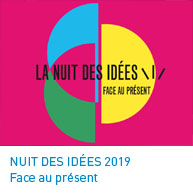
Roundtable discussion with professors and young researchers in humanities and social sciences open to public
In the frame of the Night of Ideas 2019 (Nuit des idées) entitled “Facing the Present: Being or Not Being Feminist Today?” the French Institute in Prague and CEFRES are organizing a roundtable on the contemporary issues of feminism.
Venue: CEFRES Library (Na Florenci 3, Prague 1)
Time: 2-4pm
Organizers: Felipe Fernandes (PhD student at EHESS and associated PhD student at CEFRES) and Olga Slowik (PhD student at the Charles University and associated PhD student at CEFRES)
Language: English
Roundtable: Who is afraid of Gender Studies?
The already complex situation of gender studies in Central Europe has gotten even more complicated by the recent political changes, which consequences are the most visible in Poland and Hungary. On the other hand, the situation of this field in the Western world, including France, its academic recognition are often idealized by scholars from Czechia, Poland and Hungary. Is this really the case? What is the current place of gender studies in different countries? What are the challenges, obstacles, and controversies that they are facing nowadays?
Speakers:
- Réjane Sénac (France)
- Blanka Knotková-Čapková (Czech Republic)
- Anikó Gregor (Hungary)
Moderated by Olga Slowik and Felipe Fernandes
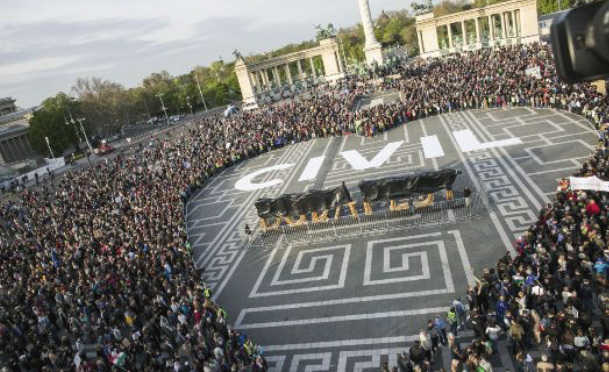
Roundtable
When : 20 November 2018, from 10 am to 12 pm
Where : CEFRES Library
Organizers : IMS FSV UK, CEFRES and Prague Civil Society Centre
Language : English
Speakers
- Jérôme Heurtaux (Director of CEFRES)
- Igor Blaževič (Programme Director of the Prague Civil Society Centre)
- Valeria Korablyova (Senior Fellow at the Department of Russian and East-European Studies at IMS FSV, political scientist, regional specialization – Ukraine)
- Jiří Kocián (Researcher at the Department of Russia and East European Studies, regional specialization – Romania)
Moderated by Kateřina Králová (Head of Department of Russia and East European Studies)
Recent mass protests in Armenia, which ousted the long-standing head of the country, were dubbed a “Velvet Revolution”. Did the moniker refer to the Central European events 30 years back? And, if so, what is their legacy in the 21st century? Is “power of the powerless” still a viable recipe for social and political transformations? Another crucial question here is whether non-violent protests are capable to deliver their agenda in a longrun, or is it just a momentum followed with “business as usual”? And, finally, what are convergences and divergences between popular movements across space and time?
The roundtable discussion brings together the cases of mass protests in Poland, Ukraine, and Romania to expose their peculiarity but also to compare them with the recent wave of protests in Germany, the U.S., and elsewhere. The main question it aims to tackle is the prospects of political transformations based on “the power of the powerless”, as well as broader reverberations of local mass protests in the globalized world.
See the official poster of the event here
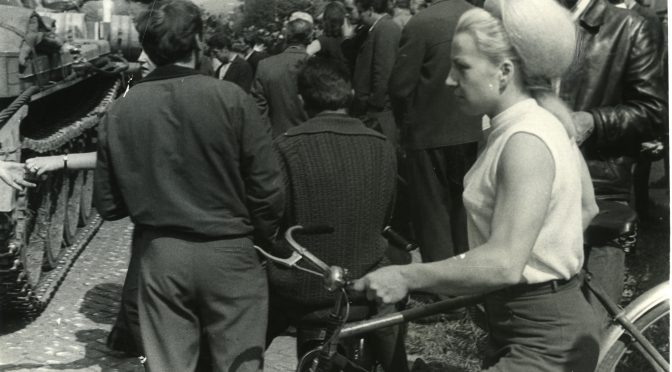
Venue: Maison de l’Europe, Jungmannova 24, 110 00 Prague 1
Time: 5-8:30 PM
Organizers: CEFRES and IFP
Partners: Centre Marc Bloch, Institut français de Berlin et Université Paris Nanterre, avec le soutien de l’Institut français de Paris
Language: Czech and French (with simultaneous interpretation)
This discussion on the memory of 1968 on the basis of the 2018 commemorations in Berlin, Prague and Nanterre (Paris) will benefit from the testimonies and discussions with film director Olga Sommerová and writer and journalist Eda Kriseová. Continue reading Assessing 1968: Intertwining Experiences from Paris, Prague and Berlin →
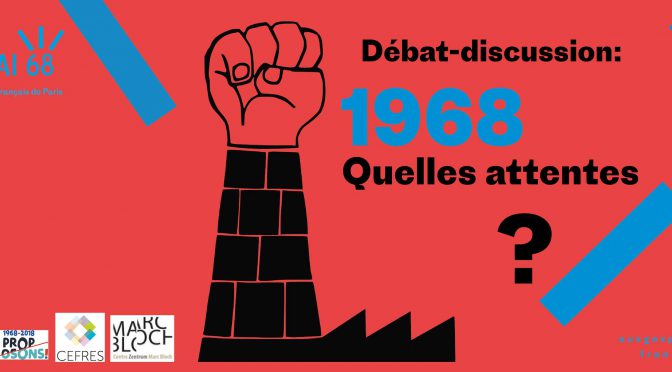
Round table
Venue and time: French Institute in Berlin, Boris Vian room (Kurfürstendamm 211, Berlin), at 7 pm
Partners: Marc Bloch Center (CMB), French Institute in Berlin (IFB), CEFRES and Nanterre University, with the support of the French Institute in Paris
Organizers: Catherine Gousseff (CMB), Sylvie Robic (Nanterre), Clara Royer (CEFRES), Dominique Treilhou (IFB)
Languages: French, German (with simultaneous translation)
This round table is part of the Cycle Mai 68, a cycle with screenings, debates, workshops and exhibitions around the 50th anniversary of the events of 1968.
With the participation of witnesses of the European events of 1968 :
- Libuše Černá (Czech Republic)
- Jan Gross (Poland)
- Jean-Yves Potel (France)
- Peter Schneider (Germany)
Moderator: Thomas Wieder (Le Monde)
For more information on Cycle Mai 68, see here
See the other events of Cycle Mai 68: the international conference West Winds, East Winds and a concluding conference in June in Prague.
See the whole program of May 68 Cycle here






